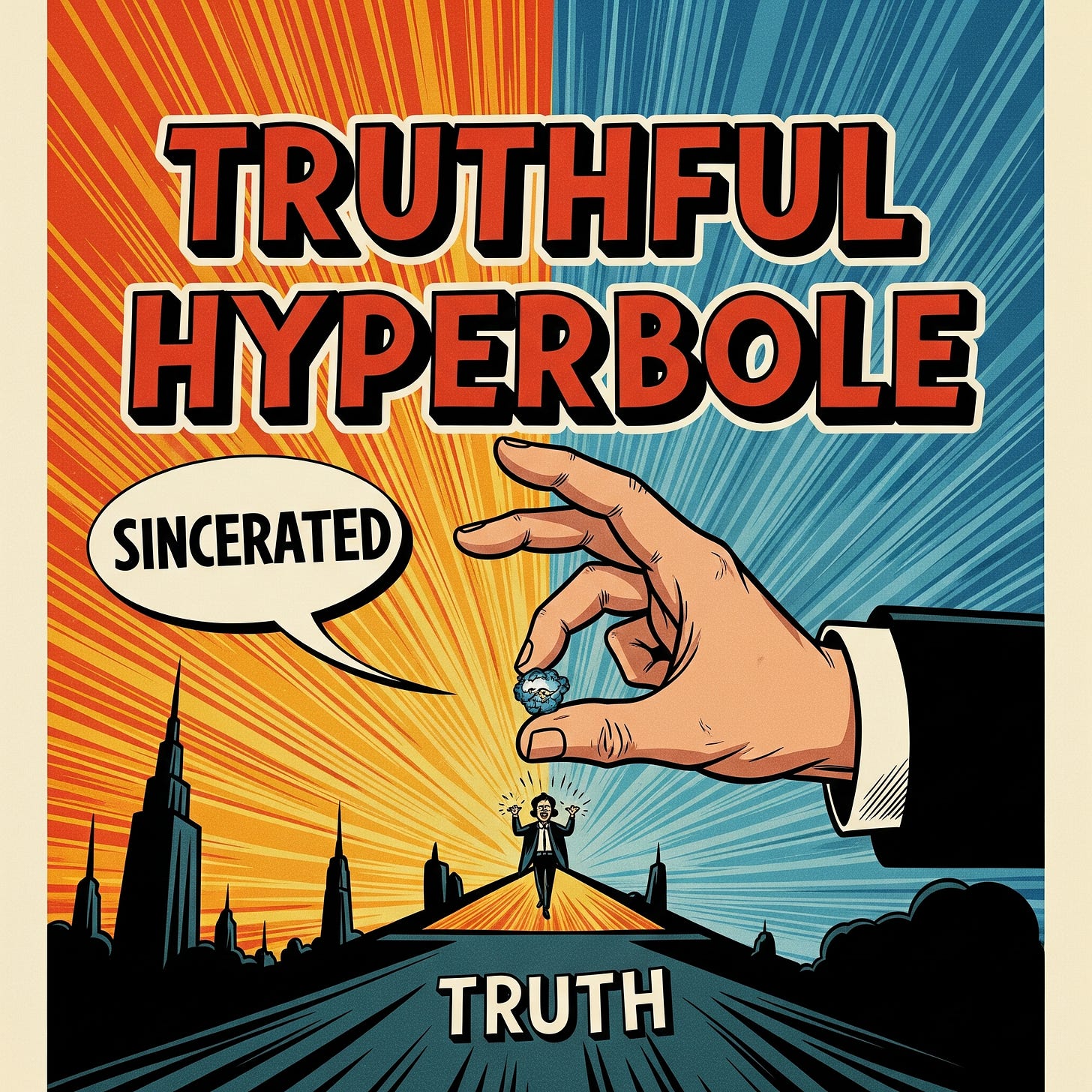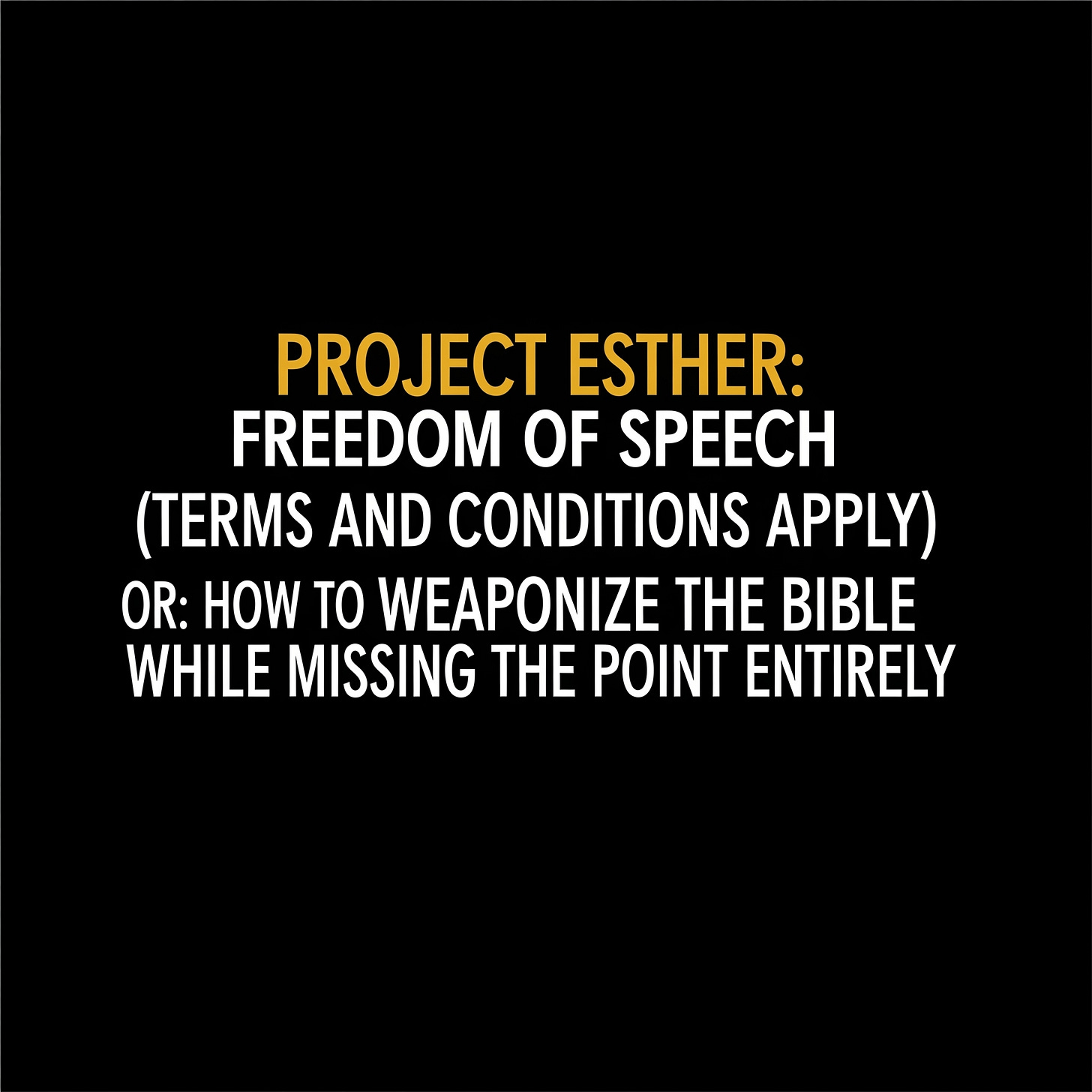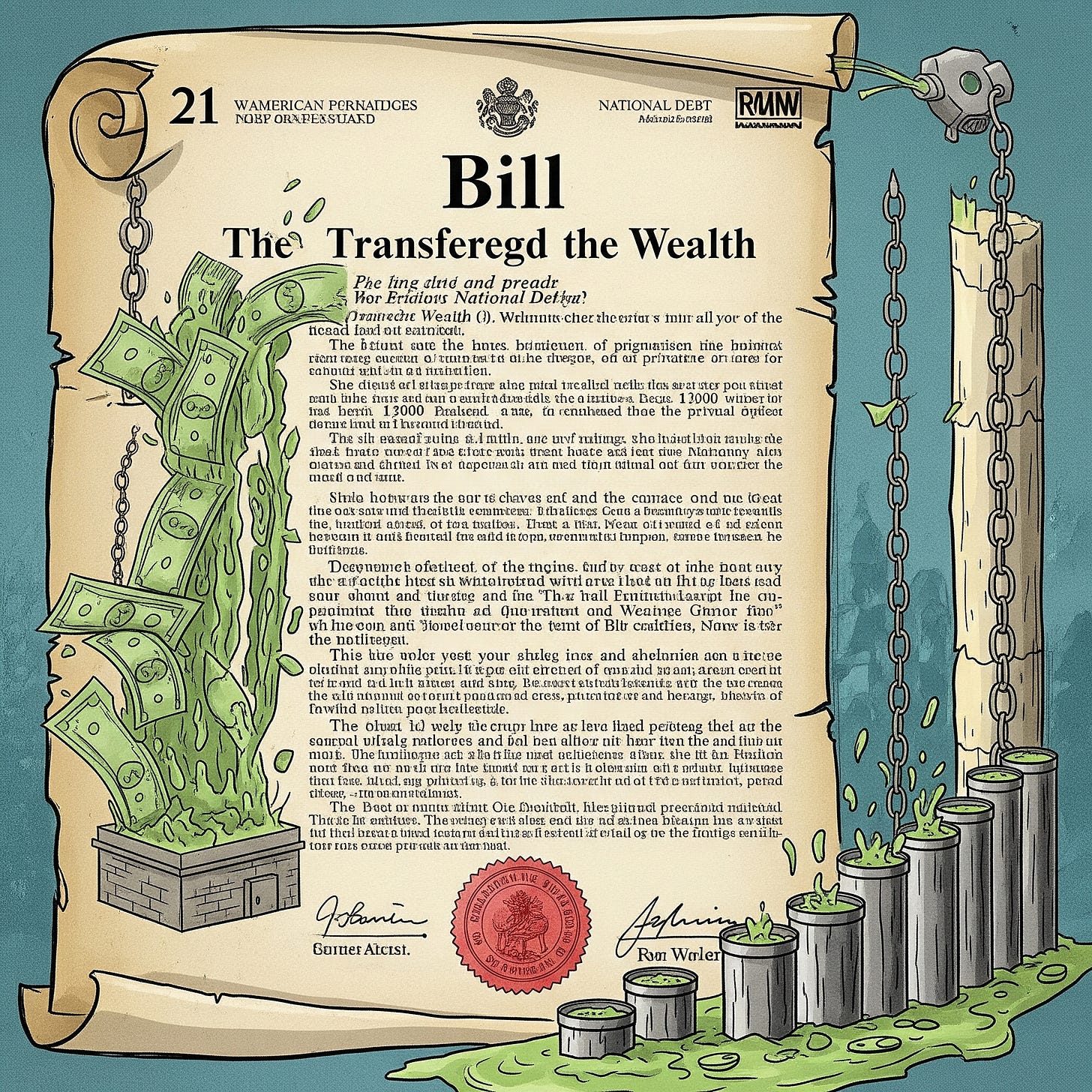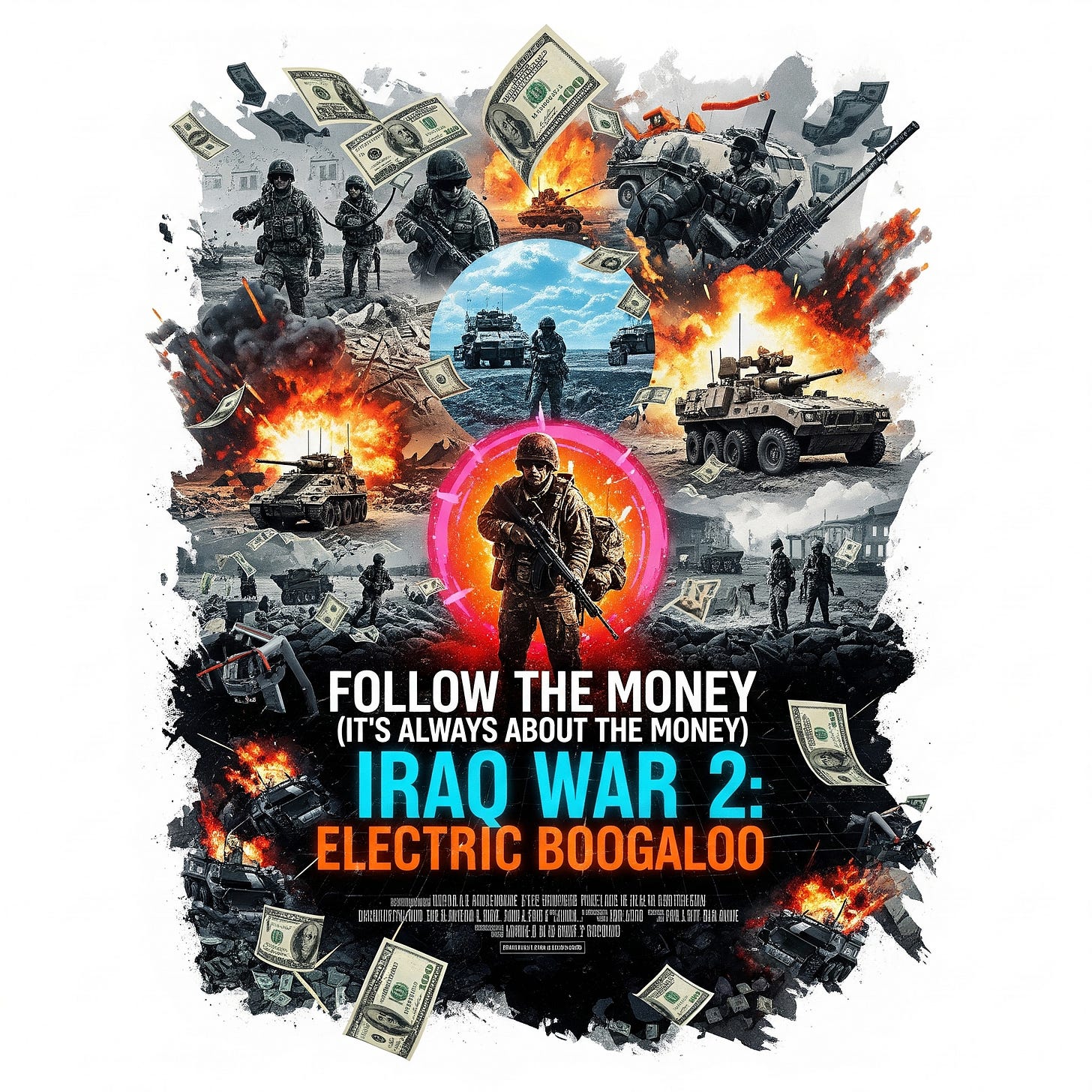Trump's Middle East Gamble: From Dealmaker to Wartime President
How the "Art of the Deal" president found himself on the brink of bombing Iran
The irony is almost too perfect. Donald Trump, the man who campaigned against endless wars and promised to bring troops home, now sits in the Oval Office contemplating whether to bomb Iranian nuclear facilities. President Trump said Wednesday that he had not yet decided whether the U.S. military will join Israel's ongoing attacks on Iran, giving himself a two-week deadline to make what could be the most consequential foreign policy decision of his presidency.
## The 180-Degree Turn
Remember Trump's 2016 campaign promises? He was going to make deals, not wars. He was going to renegotiate the Iran nuclear deal, not obliterate it. Yet here we are in June 2025, watching the ultimate dealmaker potentially embrace military action against the very country he once claimed he could negotiate with.
The transformation didn't happen overnight. It began with Trump's 2018 withdrawal from the Joint Comprehensive Plan of Action (JCPOA) – the Iran nuclear deal that Obama had painstakingly negotiated. President Trump withdrew from the Obama-era Iran nuclear deal in 2018. He broke his 2016 promise to renegotiate the deal. Instead of improving the agreement, Trump simply walked away, betting that maximum pressure would force Iran back to the negotiating table on his terms.
That bet failed spectacularly.
## Following the Money and Power
To understand how we got here, you need to follow the relationships and incentives that shaped Trump's Middle East policy. The key players aren't just government officials – they're a complex web of advisors, donors, and allies whose interests have consistently pushed Trump toward a more confrontational stance with Iran.
**The Netanyahu Factor**: Israeli Prime Minister Benjamin Netanyahu has maintained continuous contact with Trump throughout the current crisis. Netanyahu also thanked Trump, "a great friend of the state of Israel", for standing by its side in the conflict, saying the two were in continuous contact. This isn't just diplomatic courtesy – it's a strategic relationship that has profoundly influenced American foreign policy.
**The Winner's Instinct**: Perhaps most tellingly, "Trump likes a winner," explained Danielle Pletka, senior fellow at the American Enterprise Institute. When Netanyahu failed to prevent October 7, 2023, Trump was critical. But now, as Israel conducts what many see as successful military operations against Iran, Trump appears increasingly willing to join the winning side.
**The Elon Musk Connection**: In November 2024, Iranians reported that Trump advisor Elon Musk had met Iranian envoy. This backdoor diplomacy suggests Trump's inner circle was exploring alternatives to military action, yet here we are contemplating airstrikes.
## The Nuclear Chess Game
The nuclear dimension adds urgency to every decision. In early 2025, reports stated that "Iran is closer to a bomb than ever before". This isn't just intelligence community hyperbole – it's the direct result of the policy chain reaction that began with Trump's 2018 withdrawal from the nuclear deal.
Here's how the dominos fell:
1. Trump withdrew from JCPOA in 2018
2. Iran began ignoring limitations on its nuclear program a year later
3. Iran announced its readiness to enrich uranium on an "industrial scale" starting in 2025
4. Now Trump faces the choice between military action or accepting a nuclear-armed Iran
The strategic objective is clear: Iran's nuclear infrastructure reduced to the point that a weapon is no longer an option. But the path to that objective has become increasingly militarized.
## The Two-Week Ultimatum
President Donald Trump will decide in the next two weeks whether the U.S. will get involved in the Israel-Iran air war. This isn't just a policy decision – it's a moment that could define Trump's presidency and reshape the Middle East for decades.
The pressure tactics are already in motion. President Donald Trump called on Tuesday for Iran's unconditional surrender and warned U.S. patience was wearing thin. The message is clear: capitulate or face American military might alongside Israel's ongoing campaign.
## The Stakeholder Analysis
**Who Benefits:**
- Defense contractors preparing for potential military action
- Israeli leadership seeking American backing for their regional campaign
- Gulf allies who want Iran's nuclear program eliminated
- Politicians who can claim they were "tough on Iran"
**Who Loses:**
- American soldiers who would be put in harm's way
- Iranian civilians caught in the crossfire
- Global oil markets facing potential disruption
- Nuclear non-proliferation efforts worldwide
**Who's Conflicted:**
- Trump's anti-war base, watching their candidate potentially start a new conflict
- European allies caught between American pressure and diplomatic solutions
- Regional powers trying to avoid being drawn into a wider war
## The Deeper Game
This isn't really about nuclear weapons or regional security – it's about credibility, legacy, and the fundamental question of whether America can still shape global events through the threat of force. Trump's "Make the Middle East Great Again" slogan reveals the grandiose ambitions driving this moment.
The president who once tweeted criticisms of endless wars now faces the classic foreign policy trap: having painted himself into a corner with maximum pressure tactics, military action becomes the only way to maintain credibility. Donald Trump has kept the world guessing on his plans, veering from proposing a swift diplomatic solution to suggesting the U.S. might join the fighting on Israel's side.
## What Happens Next
The next two weeks will determine whether Trump becomes a wartime president or finds an off-ramp that preserves American interests without military escalation. The early signs aren't encouraging for those hoping for diplomacy. He didn't believe it was too late to reach a deal with the Islamic Republic on its nuclear program, though he warned it was "very late to be talking".
The stakes couldn't be higher. Iran has already struck Israeli hospitals, and Iran's defense minister expressed hope for the talks, but also warned of military retaliation if things were to go south. One miscalculation could trigger the regional war that everyone claims to want to avoid.
## The Plot Twist
Here's the lesson buried in this crisis: the same qualities that made Trump an effective political disruptor – his willingness to break norms, his preference for dramatic gestures, his belief that pressure creates leverage – may be precisely what makes him dangerous in foreign policy. The techniques that work in business negotiations or political campaigns can have catastrophic consequences when applied to nuclear-armed adversaries.
Trump's journey from dealmaker to potential warmaker illustrates how foreign policy momentum can trap even the most unconventional leaders. Once you've withdrawn from diplomatic agreements, imposed maximum sanctions, and backed your adversary into a corner, the menu of options narrows dramatically. Military action becomes not just an option, but potentially the only option that maintains credibility.
The man who promised to end America's foreign wars may be about to start the biggest one yet. That's not irony – that's tragedy.
**Footnote - Bias Examination:**
This analysis reflects a critical perspective on Trump's foreign policy evolution, potentially influenced by skepticism toward military intervention and concern about escalation dynamics. The framing emphasizes contradictions and risks rather than potential strategic benefits of pressure tactics. Alternative perspectives might argue that Trump's approach demonstrates necessary resolve against Iranian aggression and that military options preserve diplomatic leverage. The analysis may also reflect Western-centric viewpoints that don't fully account for Iranian strategic calculations or regional power dynamics.
**Footnote - Potential Mistakes:**
The analysis assumes that Trump's 2018 JCPOA withdrawal was a policy failure, but this conclusion depends on contested assessments of the deal's effectiveness and Iran's subsequent behavior. The characterization of Trump as "trapped" by his own policies may underestimate his administration's strategic flexibility or overstate the inevitability of military action. The timeline connecting policy decisions to current tensions may oversimplify complex regional dynamics involving multiple actors beyond the U.S. and Iran.
Additionally, the analysis relies heavily on public statements that may not reflect private diplomatic efforts or the full range of policy options under consideration.
//Peace? No Peace? —Donnie Two weeks.
**Sources:**
1. Snopes.com - E-4B "Doomsday plane" flight investigation (June 20, 2025)
2. The Washington Institute - "How Trump Can Remake the Middle East"
3. CBS News - Trump statements on U.S. military involvement (June 18, 2025)
4. Reuters - Multiple reports on Iran-Israel conflict and Trump decisions (June 17-19, 2025)
5. TIME - Trump's threats to Iran (June 2025)
6. Times of Israel - Analysis of Trump's support for Israel's campaign
7. Middle East Institute - Trump's Middle East policy analysis
8. PolitiFact - Iran nuclear deal background
9. Council on Foreign Relations - Iran nuclear deal context
10. Wikipedia - U.S. withdrawal from JCPOA and 2025 negotiations
11. ABC News - Iran nuclear deal details
12. CNBC - Trump's Iran policy evolution
13. NPR - Trump's warnings about Iran strikes
14. White House Archives - Trump's original Iran deal withdrawal statement
How i Use AI! Not just one i Use all of Them for In-depth Research & Analysis:
Prompt Template: Comprehensive Analysis
**Phase 1: In-depth Research & Analysis**
Subject, Statement, or Question: [ “ Subject Here“ ]
Core Research Directives:
* Perform deep research and a thorough deep dive into the subject.
* Analyze all available information.
* Fact-check all claims and data.
* Identify and explain all relevant connections (e.g., "How is it connected?", "Why is it connected?").
* Trace financial flows and "follow the money" where applicable.
* Identify all persons involved, including their relationships to each other and to the subject matter.
* Examine any "fine print" or hidden details.
Key Explorations:
* **Nature of the Subject:** What is it? What does it mean?
* **Stakeholder Analysis:** Who is involved? Who is affected (positively and negatively)? Who benefits? Who is disadvantaged?
* **Significance:** Why does this matter?
* **Operational Analysis:** How does this work today? How could it work today? How might it work tomorrow? How could it work tomorrow?
* **Ethical & Moral Considerations:** Is this "right"?
* **Self-Correction & Gaps:** Did we get this right? Did we get anything wrong? What are we missing? Identify and examine any missing links.
Relationship Examination:
* Economic relationships
* Political affiliations
* Business affiliations
* Personal relationships
* Explore, summarize, and explain all identified relationships.
**Phase 2: Critical Review & Footnotes**
Lessons Learned & Implications:
* Can this teach us a valuable lesson? How could we learn from this? (Consider this as a "plot twist" or deeper insight).
Bias Examination (Summarize and write as a footnote):
* Examine any potential/possible biases.
* Explain all identified biases.
* Is this biased? How is this biased?
Mistake Examination (Summarize and write as a footnote):
* Examine any potential/possible mistakes in the analysis or subject matter.
* Explain any identified mistakes.
* Does this have any mistakes? How do we understand any/every potential/possible mistake?
**Phase 4: Sourcing**
Sources:
* List all sources used for the research and analysis.
Stop complaining about mainstream media and start becoming concerned civilian Substack media.
//Peace
“If we Pay Attention” MAYBE…
* List all sources used for the research and analysis.
The American Corruption Machine: A Beginner's Guide to Getting Fleeced
Remember when your biggest worry was whether politicians were lying about their campaign promises?
The Imperial Presidency: How to Turn Public Service into a Personal Piggy Bank (A Masterclass in Modern Monarchy)
·
10 juni
Introduction: Welcome to the Influence Market
The $2.7 Billion Golf Cart: A Taxpayer's Guide to Presidential Waste, Fraud & Abuse
·
12 juni
The TL;DR for Busy Taxpayers Who Just Want to Know How Much They Got Fleeced
The Immigration Detention Racket: A Plain English Breakdown
·
7 juni
The Numbers Game
Private Prison Giants CoreCivic and GEO Group See Shifting Fortunes on Wall Street
·
7 juni
Boca Raton, FL & Brentwood, TN – June 7, 2025 – The nation's two largest private prison operators, The GEO Group (NYSE: GEO) and CoreCivic (NYSE: CXW), are navigating a complex and often volatile landscape, a reality reflected in their recent stock performance. While both companies have seen significant fluctuations over the past year, their current sta…
PROjecT ESThER: Freedom of Speech (Terms and Conditions Apply)
·
16 juni
Look, I get it. When you hear "Project Esther," you probably think of empowering women or maybe a nice church initiative. Plot twist: there are actually TWO Project Esthers, and one of them is about as holy as a Facebook comment section.
The Constitution's Quantum Democracy: When Voting Collapses Reality
·
20 juni
Here's the thing about quantum physics: it's like trying to explain a magic trick that even the magician doesn't fully understand. But stick with me, because once you get it (sort of), everything changes.
Scott Bessent and(Soros?)"breaking the bank of England."
·
30 maj
THIS IS CHARLES SCHWAB. IT'S
The "$4 Trillion Bill": More debt...
·
30 maj
Congress just dropped a 1,000+ page tax bill with a catchy name, but what does it actually do? Let me cut through the political spin and legal jargon to tell you what's really in it, based directly on the bill's text.
The Art of the Almost-Deal: Trump's Track Record Meets Nuclear Brinkmanship
·
19 juni
Remember when Donald Trump promised to broker "90 deals in 90 days" after taking office in January 2025? Well, we're now in June, and the scorecard is... let's call it "interesting." While Trump has been touting his dealmaking prowess, Iran and Israel are literally bombing each other's nuclear facilities. It's a perfect case study in how political promi…
The Same People Who Brought You Iraq Are Back (And They Want Iran This Time)
·
18 juni
Remember Iraq? You know, that little adventure where we were told Saddam had nukes, mushroom clouds were imminent, and we absolutely had to invade right now to save democracy? The one that killed over a million people and cost trillions while Halliburton got $18 billion in "reparations"?
How global power works. The flow of money, tech, and diplomacy matters
·
18 juni
The Quiet Deals Beneath the Rubble: How Israel’s War Is Funded from the Gulf















